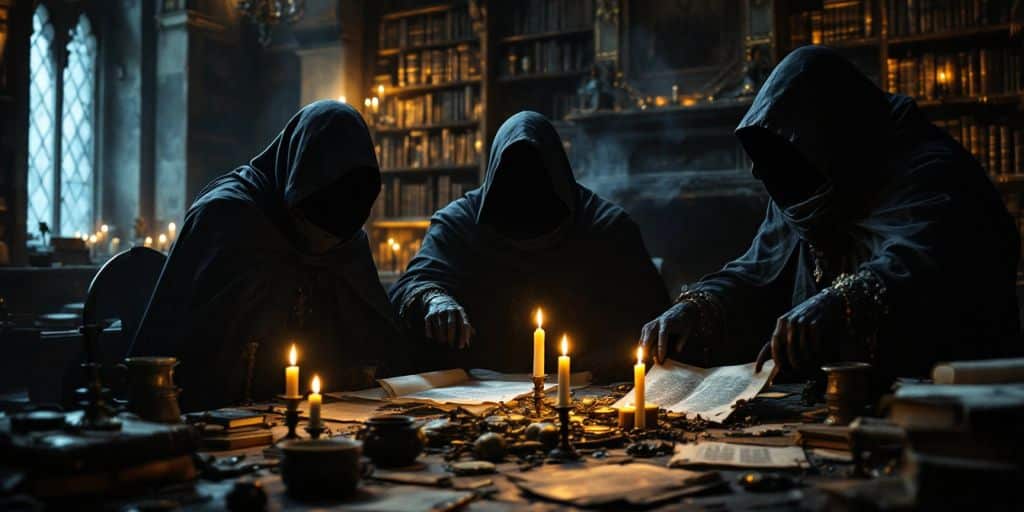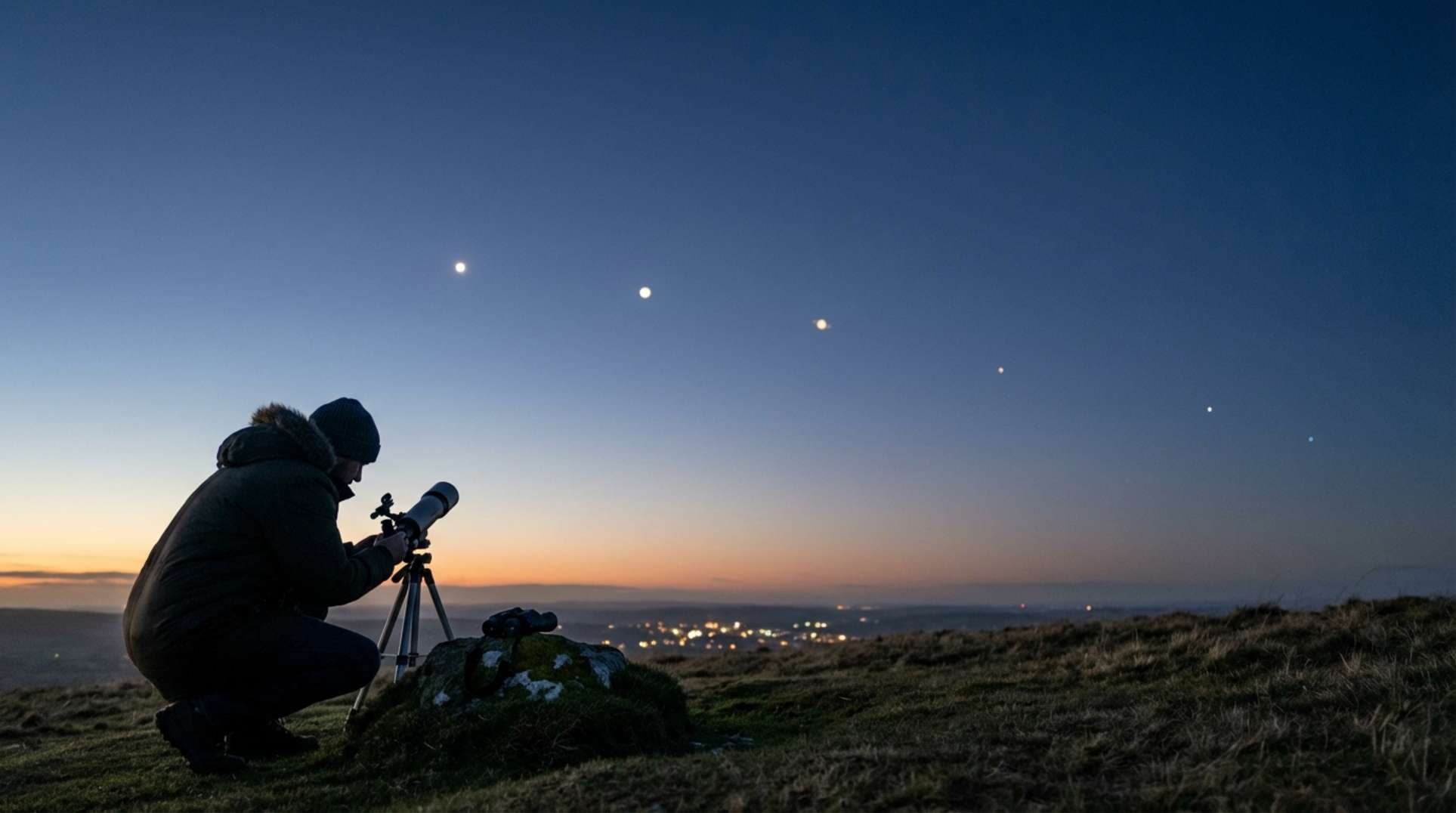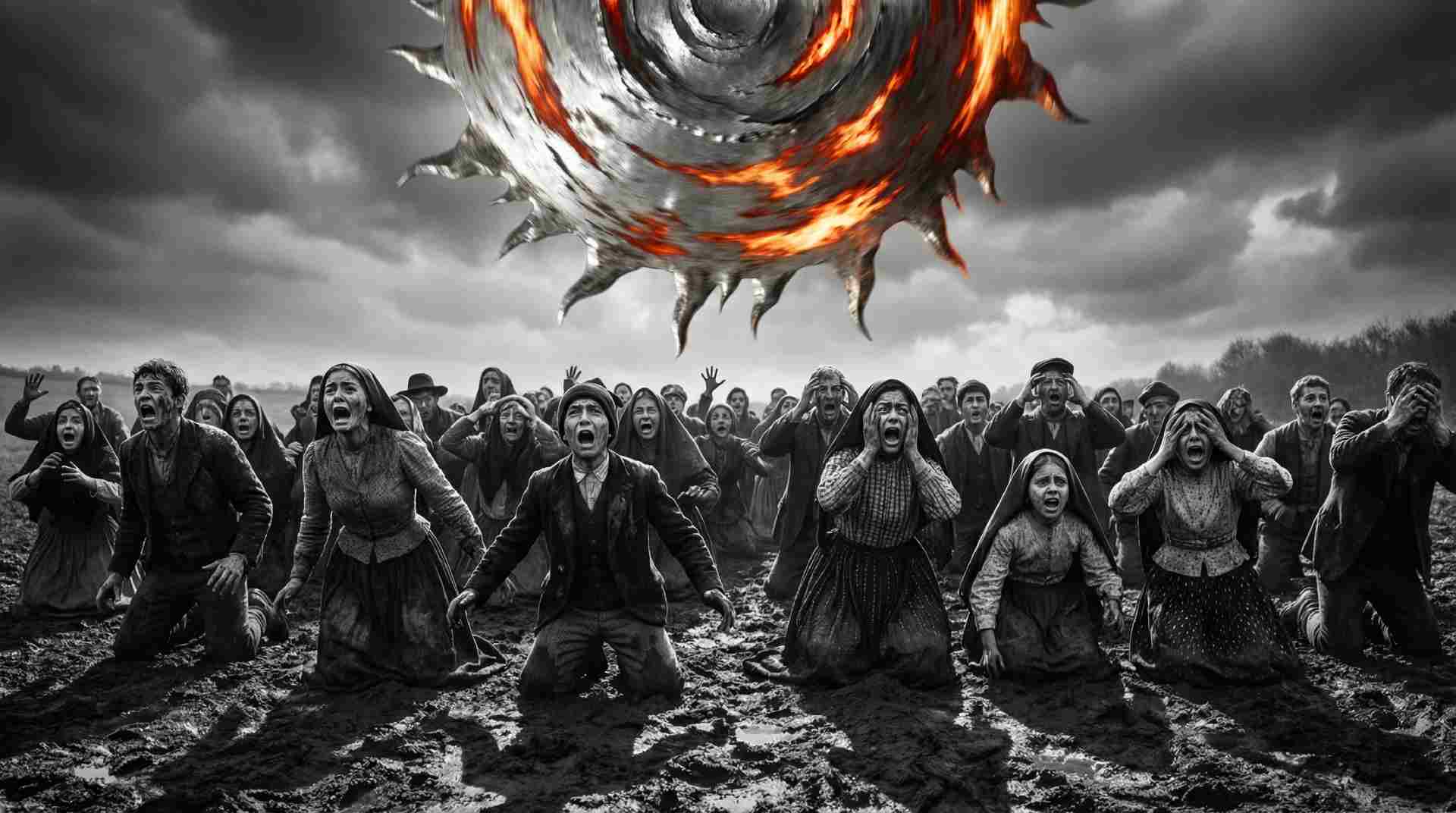Conspiracy theories have long captured our imagination, blending the unknown with the possibility of hidden truths. This article delves into some of the most intriguing historical conspiracy theories that challenge our understanding of reality. From secret societies to government cover-ups, these theories make us rethink what we know about history and our world today.
Key Takeaways
- The Illuminati began in the 18th century and is often linked to various symbols and modern culture.
- Government cover-ups can lead to public mistrust and the rise of conspiracy theories.
- Alien encounters, like the Roswell incident, continue to spark debate and fascination.
- Mind control experiments, such as MKUltra, reveal dark aspects of government history.
- Belief in conspiracy theories often stems from a desire for control and understanding in a complex world.
The Illuminati: Unveiling the Secret Society
Origins and History of the Illuminati
The Illuminati started in 1776 in Bavaria, Germany. This group aimed to promote Enlightenment ideas and reduce the influence of religion in public life. Although it was short-lived, its legend has grown, leading many to believe it still exists today.
Symbols and Their Meanings
The Illuminati is known for using various symbols, such as the pyramid and the all-seeing eye. These symbols are thought to represent knowledge and enlightenment. Many believe that these symbols are hidden in popular culture, suggesting a secret influence over society.
Influence on Modern Culture
Today, the Illuminati is often linked to celebrities and political figures. Some people think that famous artists use symbols in their work to show their connection to the group. This idea has led to many conspiracy theories, making the Illuminati a popular topic in movies, music, and books.
Separating Fact from Fiction
While the Illuminati was a real group, many modern theories about it are exaggerated or false. The original group disbanded in the late 1700s, but the fascination with it continues. People often mix facts with fiction, leading to a wide range of beliefs about its influence on world events.
The Illuminati serves as a reminder of our desire to uncover hidden truths and understand the unknown.
Key Takeaways
- The Illuminati was founded in 1776 in Bavaria.
- It aimed to promote Enlightenment ideals.
- Many symbols are associated with the group, often seen in modern culture.
- The original group disbanded, but myths about its influence persist.
| Symbol | Meaning |
|---|---|
| Pyramid | Knowledge and enlightenment |
| All-seeing eye | Awareness and vigilance |
Government Cover-Ups: What Are They Hiding?
Governments often keep secrets from the public, leading to many conspiracy theories. These cover-ups can involve hiding information about important events or illegal activities. Here are some key areas where cover-ups have been suspected:
Famous Government Conspiracy Theories
- The Roswell Incident: In 1947, a mysterious object crashed in New Mexico. Initially, the government claimed it was a weather balloon, but many believe it was an alien spacecraft.
- Watergate Scandal: This scandal involved a break-in at the Democratic National Committee headquarters. President Nixon’s administration tried to cover it up, which eventually led to his resignation.
- MKUltra: The CIA conducted secret experiments on citizens without their consent, testing mind control techniques.
The Role of Whistleblowers
Whistleblowers play a crucial role in exposing government secrets. Some notable examples include:
- Edward Snowden: Revealed NSA surveillance programs.
- Chelsea Manning: Leaked classified military documents.
- Mark Felt: Known as "Deep Throat," he helped uncover the Watergate scandal.
Declassified Documents and Their Impact
Declassified documents often reveal shocking truths. For instance, the Tuskegee Experiment showed that the government had hidden medical experiments on African American men for decades. This has led to a significant loss of trust in government institutions.
Public Reaction and Mistrust
When people discover government cover-ups, it can lead to widespread mistrust. Many feel that the government is not being honest, which fuels conspiracy theories. Public outcry often follows major revelations, leading to protests and demands for accountability.
Cover-ups can create a cycle of distrust, making it hard for citizens to believe in their government.
In conclusion, government cover-ups raise many questions about transparency and accountability. As citizens, it’s important to stay informed and demand the truth from our leaders.
Alien Encounters: Are We Alone?
The Roswell Incident
The Roswell incident is one of the most famous UFO events in history. In 1947, a farmer found strange debris on his land in Roswell, New Mexico. The government initially said it was a "flying disc," but later claimed it was just a weather balloon. This change in story led many to believe that the government was hiding the truth about alien contact.
Area 51 and Its Mysteries
Area 51 is a secret military base in Nevada that has been linked to numerous conspiracy theories about aliens. Many believe that the government conducts experiments on alien technology there. Despite its mysterious reputation, the exact activities at Area 51 remain unclear. Some think it’s a place for testing new aircraft, while others suspect it’s hiding extraterrestrial secrets.
Alien Abduction Stories
Alien abduction stories have fascinated people for decades. Many individuals claim to have been taken by aliens and subjected to strange experiments. These accounts often share common themes, such as:
- Bright lights
- Strange beings
- Missing time
While some dismiss these stories as fabrications, others believe they hold a grain of truth.
Government Investigations into UFOs
In recent years, the government has started to take UFO sightings more seriously. Declassified documents reveal that the military has investigated many reports of unidentified flying objects. Some of these sightings are considered credible, leading to ongoing debates about what the government knows. Most credible UFO sightings erased by the government have fueled public curiosity and skepticism.
The mystery of UFOs has sparked a wave of interest and investigation, urging people to look beyond the ordinary and question what lies in the skies above us.
Mind Control Experiments: The Dark History

MKUltra and CIA Involvement
Project MKUltra was a secret program run by the CIA that started in the 1950s. It aimed to explore mind control techniques using various methods, including drugs like LSD. Many people were unknowingly involved in these experiments, which raised serious ethical concerns. The project was kept hidden for years until it was revealed in the 1970s, leading to public outrage.
Technological Advancements in Mind Control
The MKUltra project used several techniques to manipulate the mind, including:
- LSD: High doses were given to subjects without their consent.
- Hypnosis: Used to try and control behavior.
- Electroshock therapy: Applied to induce trauma and alter mental states.
These methods were aimed at finding ways to control human behavior, often with devastating effects on the participants.
Ethical Implications and Public Outcry
The exposure of MKUltra led to significant public backlash. Many people felt betrayed by their government, believing that their rights had been violated. This scandal highlighted the need for stricter regulations on human experimentation.
Representation in Popular Culture
Mind control experiments have been a popular theme in movies and books, often portraying the dark side of government secrecy. Some notable examples include:
- Movies: Films like "The Manchurian Candidate" explore themes of brainwashing and control.
- Books: Novels often depict characters who struggle against mind control.
The legacy of MKUltra serves as a reminder of the potential dangers of unchecked government power and the importance of ethical standards in research.
| Method | Description |
|---|---|
| LSD | Used to alter perception and behavior. |
| Hypnosis | Attempted to influence thoughts and actions. |
| Electroshock therapy | Induced trauma to change mental states. |
Ancient Civilizations and Extraterrestrial Theories
Theories of Ancient Aliens
The idea that extraterrestrial beings visited Earth in ancient times has fascinated many. Some believe these aliens helped shape human civilization. This theory suggests that advanced beings influenced the construction of monumental structures like the pyramids.
Archaeological Evidence
Many ancient sites, such as the Great Pyramids of Giza and the Nazca Lines, show incredible engineering skills. Here are some key points:
- Precision: The pyramids were built with massive stone blocks that fit together perfectly.
- Astronomical Alignments: Structures like Stonehenge were designed to track celestial events.
- Unexplained Artifacts: Some artifacts seem too advanced for their time, hinting at alien technology.
Impact on Historical Understanding
The ancient alien theory challenges our understanding of history. It raises questions about how ancient civilizations achieved such feats. Some argue that this perspective can be Eurocentric, as it often undermines the capabilities of these cultures.
Criticism and Skepticism
While many are intrigued by the idea of ancient aliens, others remain skeptical. Critics argue that these theories lack solid evidence and often rely on sensational claims. The debate continues, keeping the topic alive in public discourse.
The fascination with ancient aliens reflects our innate curiosity about the unknown and our desire to understand our place in the universe.
In conclusion, the connection between ancient civilizations and extraterrestrial theories remains a captivating topic. Whether or not aliens influenced our past, the quest to understand our origins continues to spark curiosity and debate.
The Shadow Government: Who Really Controls the World?

Concept and Origins of the Shadow Government
The term shadow government refers to secret groups that many believe control political and social events from behind the scenes. These groups often operate without the public’s knowledge, leading to speculation about their influence. Some key points include:
- Secrecy: They work behind closed doors, making it hard to track their actions.
- Influence: They often have ties to powerful individuals in politics and business.
- Manipulation: They can sway public opinion through misinformation and propaganda.
Historical Examples and Evidence
Throughout history, shadow governments have emerged during times of crisis. Here are a few notable examples:
- Cold War Era: Many believe secret organizations influenced major political decisions.
- Post-9/11: The rise of security agencies led to increased speculation about hidden agendas.
- Modern Day: The internet has made it easier for conspiracy theories about shadow governments to spread.
Impact on Modern Politics
The existence of shadow governments can significantly affect how politics operates today. They can create a sense of mistrust among the public, leading to:
- Increased skepticism towards elected officials.
- A belief that decisions are made without public input.
- A feeling that the average citizen has little control over their government.
Public Perception and Fear
The idea of a shadow government often evokes fear and suspicion. Many people feel that they are not being told the whole truth, which fuels conspiracy theories. This perception can lead to:
- Distrust in media and government.
- A belief that there are hidden truths that need to be uncovered.
- Increased interest in conspiracy theories, such as the New World Order.
The idea of shadow governments reveals much about our willingness to believe in hidden truths. It shows how easily we can be influenced by the stories we hear.
Understanding shadow governments is essential in today’s world. As we navigate through information, being aware of these hidden influences can help us make informed decisions about our society and governance.
The Psychology Behind Conspiracy Theories
Why People Believe in Conspiracies
Many people are drawn to conspiracy theories because they offer simple answers to complex questions. When faced with uncertainty, believing in a conspiracy can provide a sense of control. Here are some reasons why:
- Need for Certainty: In a confusing world, conspiracies can make things feel more understandable.
- Social Belonging: Sharing conspiracy beliefs can create a sense of community among like-minded individuals.
- Distrust in Authorities: Many people feel that governments and institutions are not telling the whole truth, leading them to seek alternative explanations.
Cognitive Biases and Their Role
Cognitive biases play a significant role in how people accept conspiracy theories. Some common biases include:
- Confirmation Bias: People tend to favor information that supports their existing beliefs.
- Proportionality Bias: This is the tendency to believe that big events must have big causes, leading to the assumption that conspiracies are behind major occurrences.
- Illusory Pattern Perception: Individuals often see patterns in random data, which can lead to the belief in conspiracies.
Social and Cultural Influences
Cultural factors also shape how conspiracy theories spread. For example:
- Media Influence: Social media platforms can amplify conspiracy theories, making them more visible and believable.
- Pop Culture: Movies and TV shows often portray conspiracies, which can make them seem more plausible.
- Historical Context: Events like government cover-ups can lead to a general mistrust, making people more susceptible to conspiracy theories.
The Impact of Media
The media plays a crucial role in shaping public perception of conspiracy theories. Here’s how:
- Rapid Sharing: Information can spread quickly, making it easy for conspiracy theories to gain traction.
- Echo Chambers: People often engage with content that aligns with their beliefs, reinforcing their views.
- Influencer Impact: Popular figures can sway public opinion, lending credibility to certain theories.
Understanding the psychology behind conspiracy theories is essential. It helps us recognize why they resonate with so many people and how we can approach discussions about them more effectively.
Summary
In summary, the psychology behind conspiracy theories is complex. Factors like cognitive biases, social influences, and media impact all contribute to why people believe in these theories. Recognizing these elements can help us navigate the often murky waters of conspiracy thinking.
Conspiracy theories can be fascinating, but they often stem from deeper psychological needs. People may turn to these theories to make sense of a confusing world or to feel a sense of belonging. If you’re curious about the hidden truths behind these beliefs, visit our website for more insights and resources. Discover how you can explore these topics further!
Final Thoughts
In wrapping up our exploration of historical conspiracy theories, it’s clear that these stories can really shake our understanding of the world. They challenge us to think critically about what we hear and see. While some theories may seem far-fetched, they often reveal deeper truths about society, power, and human nature. As we continue to navigate a world filled with information, it’s important to stay curious and question everything, but also to seek out facts and evidence. Remember, the truth is often stranger than fiction, and being open-minded can lead to surprising discoveries.
Frequently Asked Questions
What is the Illuminati?
The Illuminati is believed to be a secret group that some think controls world events. It started in the 1700s in Germany.
Are government cover-ups real?
Yes, there are many examples where governments have hidden information from the public, leading to suspicion and conspiracy theories.
What happened at Roswell?
In 1947, something crashed in Roswell, New Mexico. Some say it was a UFO, and this sparked many theories about aliens.
What is MKUltra?
MKUltra was a secret CIA project that tried to find ways to control people’s minds through drugs and other methods.
Do ancient aliens really exist?
Some people believe that aliens helped shape early human civilizations, but there is no solid evidence to support this.
Why do people believe in conspiracy theories?
People often believe in conspiracy theories because they provide simple answers to complex problems and give a sense of control.




